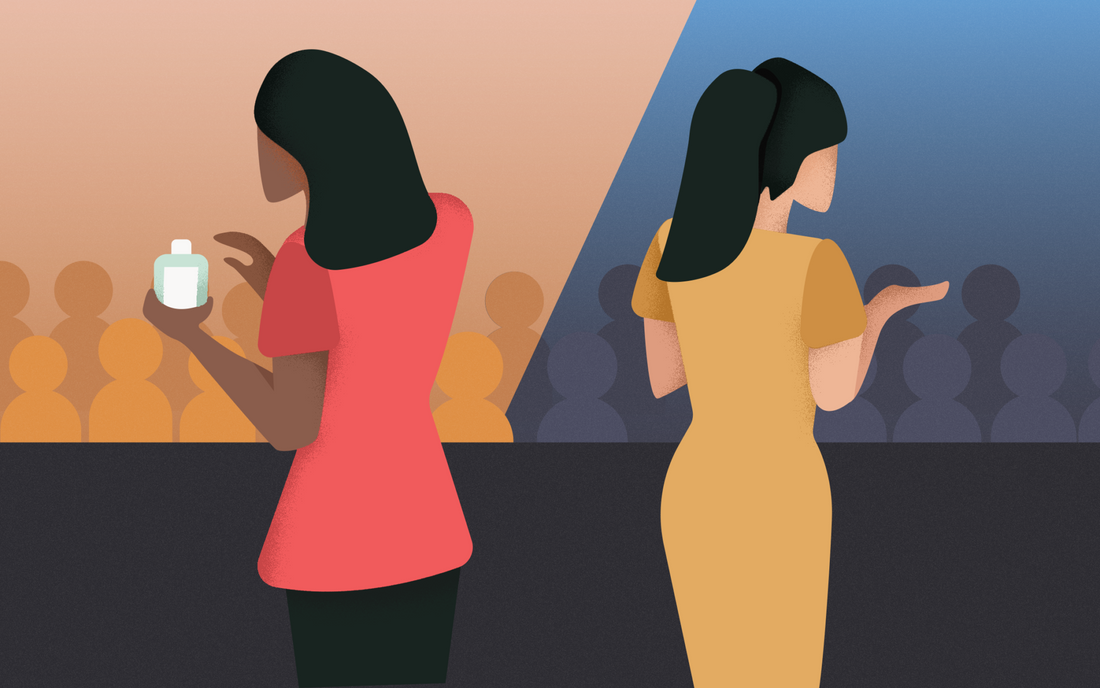What is corporate social responsibility?
Corporate social responsibility or CSR can be defined as the ethical behavior of a company towards society. Companies must hold themselves accountable for the impact they have on the environment, their employees, and their consumers, showing that they are not only interested in earning a profit. Some of the most common examples of corporate social responsibility include: donating to charities, reducing carbon footprints, volunteering in communities in need, and improving labor policies.
Social responsibility isn’t a fad. The need for a company to be socially responsible is increasing in importance for consumers. Research shows that 55% of surveyed members of Generation Z say that they are more inclined to buy from brands that are eco-friendly and socially responsible. In a 2015 Global Corporate Sustainability Report, it showed that 66% of respondents are willing to pay more for products from companies whose values align with their own.
It goes without saying that all companies must practice corporate social responsibility, but there are some companies who go above and beyond and turn their whole brand into one that promotes social responsibility. Their marketing strategy focuses on attracting customers whose values align with their own and who wish to be able to make a positive difference with their purchase.
Listed below are some corporate social responsibility examples from homegrown Filipino brands that you can support and/or take inspiration from.
ANTHILL Fabric Gallery
ANTHILL stands for Alternative Nest and Trading/Training Hub for Indegenous or Ingenious Little Livelihood seekers. It is a Cebu-based cultural and social enterprise dedicated to celebrating Filipino culture while also preserving the living tradition that is weaving. Its business model is human and community-centered which involves designers, weavers, and production partners who all create a sustainable and inclusive supply chain. ANTHILL sources and collects scrap fabric from its corporate partners, individuals, and other commercial sources that would have otherwise gone to a landfill, and upcycle them into fabric or other production materials.
Not only does it practice environmental sustainability, but the social enterprise also hosts a Community Enterprise Development Program (CEDP) for its partners, workers, and stakeholders. This program is a culture based modular coursework composed of dialogue and workshops, which include the following courses: cultural appreciation, business skills transfer, financial literacy and savings program, and more. The CEDP is aimed to provide participants with the capacity to build more opportunities outside of their current job.
Sip PH
Sip is a Filipino social enterprise that champions waste management solutions by encouraging individuals to become more responsible with the waste they produce. Its range of products mainly consist of stainless steel straws, bamboo cutlery, tumblers, and eco-friendly containers. Sip, besides creating and curating eco-friendly products, conducts the initiative called ‘The Last Straw.’ It was created to make students, residents, and business owners more aware of the hazardous effects of plastic waste and encourage them to take concrete steps with Sip.
One of the businesses it partnered with is Kandle Cafe in Quezon City, which is well-known for the practice of reducing single use plastic consumption. The Last Straw initiative provided Kandle Cafe with stainless steel straws as well as education collateral which allowed the establishment to communicate its environmental initiative better to its customers.
As of 2019, The Last Straw has partnered with 31 establishments that either have no straws at all, reusable straws, or serve them only upon request.
Messy Bessy
Photo from Nolisoli.
Messy Bessy has become a household name thanks to its popular natural, chemical-free household and personal care cleaners. Some of the products it sells include an all-natural all-purpose scrub, dust mite spray, fabric freshener spray, and odor absorber bags, all of which are made from biodegradable and non-toxic ingredients.
What some people may not know about Messy Bessy is that it is a social enterprise that employs at-risk young adults (i.e. trafficked, impoverished) and provides them with work training, value formation classes, and self-sustained education. This initiative exists under Project H.O.U.S.E. (Helping Ourselves through Sustainable Enterprises), which aims to educate, empower, and employ these young adults. By training and employing them at Messy Bessy, they will hopefully gain the skills and education they need to find a long-term job in the future. By purchasing a container of liquid laundry detergent for PHP275, customers would be funding one hour of college classes for their student beneficiaires.
As of 2019, Messy Bessy under Project HOUSE was able to produce 38 college graduates and 22 Alternative Learning System passers. Messy Bessy is a perfect example of a social enterprise that practices corporate social responsibility through its initiatives targeting environmental sustainability, development, and education. If you’re a brand that practices corporate social responsibility, it is more likely that you will earn the trust of your customers and earn more profit; at the same time, you will have raised awareness for social issues and contributed to enacting social change. It is a win-win situation.
- Written by Jassen Robert Padilla


